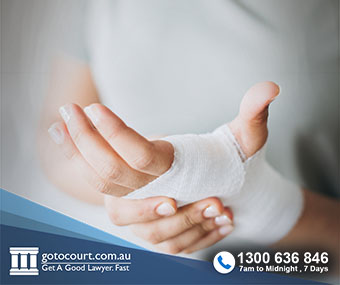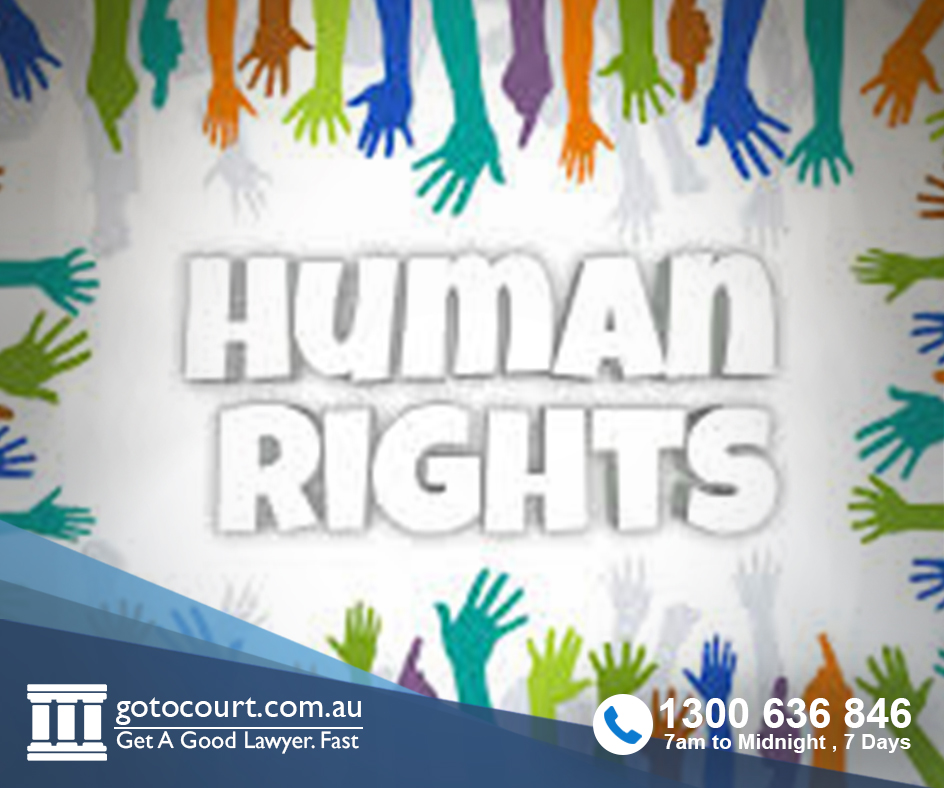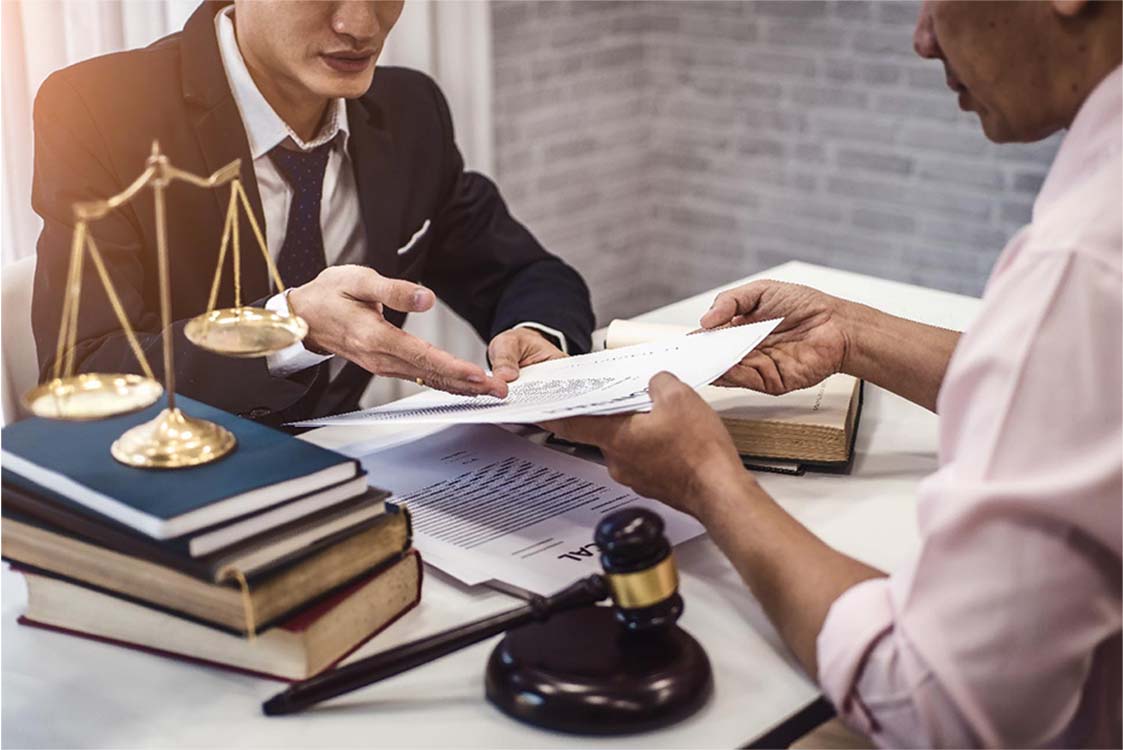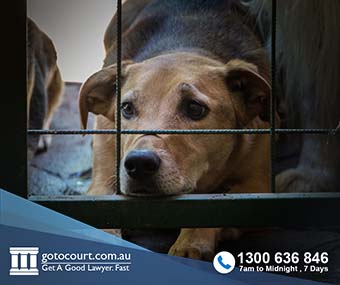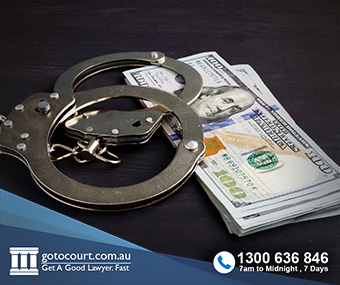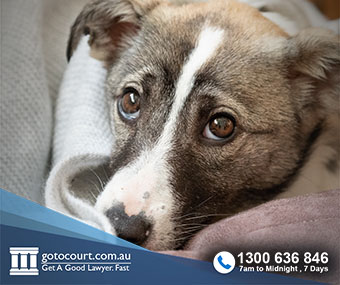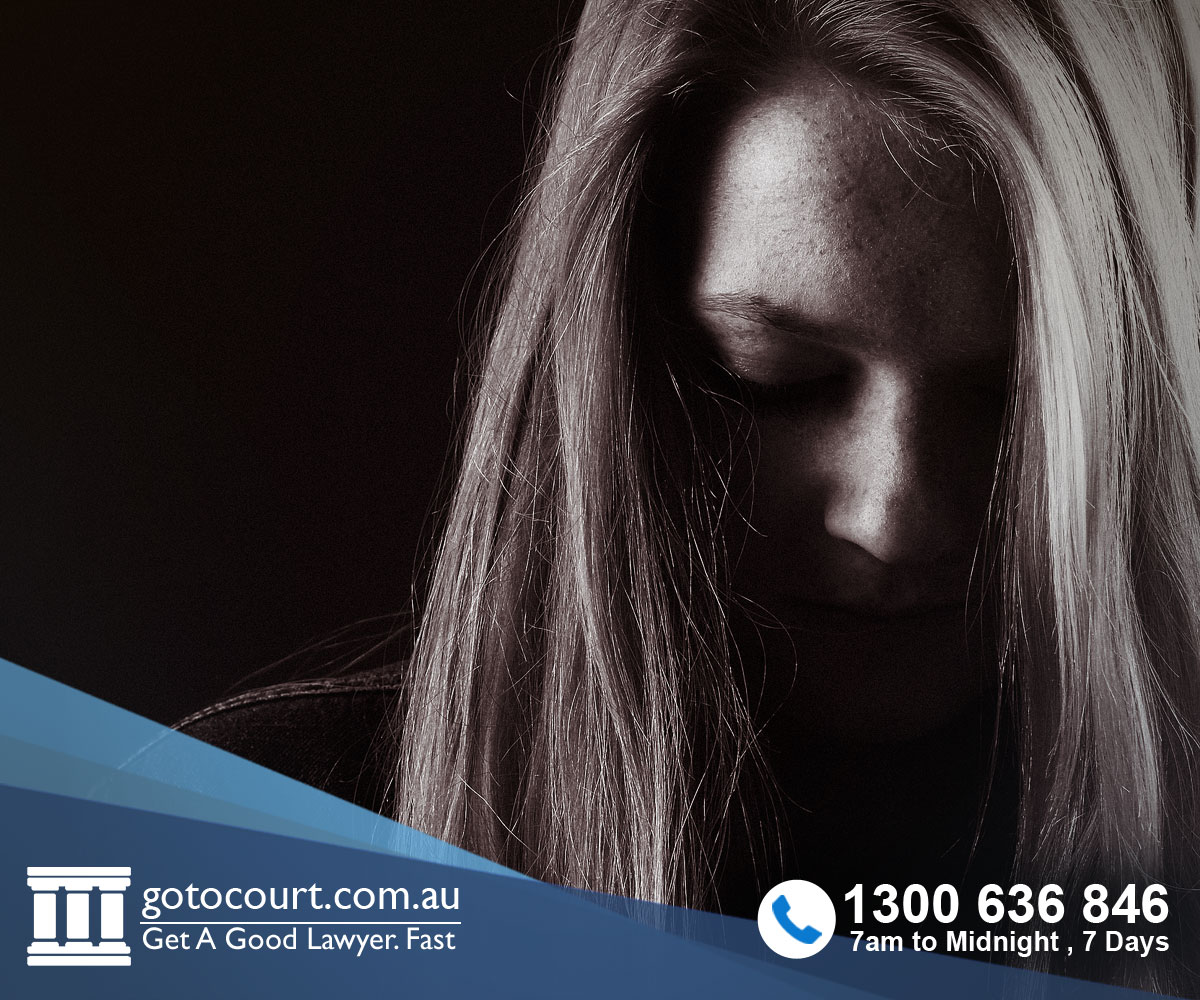Child Sex Offenders Register in the ACT
Child Sex Offenders Register in the ACT
The law that deals with the Child Sex Offenders Register in the ACT (Australian Capital Territory) is the Crimes (Child Sex Offenders) Act 2005. The Act requires some people who have been found guilty of sexual offences to update police as to their whereabouts and their personal details for a set period of time. This page dealt with the Child Sex Offenders Register in the ACT.
Purpose of the Register
The Child Sex Offenders Register in the ACT is intended to:
- reduce the likelihood of registered persons re-offending
- help with the investigation and prosecution of offences in the future
- prevent registered offenders from working in child-related employment
- prevent registered offenders from taking part in conduct that might risk the lives or sexual safety of children.
Who is on the Child Sex Offenders Register in the ACT?
Any person who is given a Child Sex Registration Order or sentenced for a registrable offence can be placed on the Child Sex Offenders Register in the ACT.
A Child Sex Registration Order is an order made by the court after sentencing a person for an offence that is not a registrable offence where the court is satisfied the person is a risk to the life or sexual safety of children. This order can only be made on application by the prosecution.
Registrable offences
There are two categories of registrable offences for the purposes of the Child Sex Register in the ACT: class 1 and class 2.
For class 2 offences, offenders must report for 8 years. For class 1 offences or for those convicted of 2 class 2 offences, offenders must report for 15 years. If a person is convicted of multiple offences, they must report for the rest of their life.
Class 1 includes:
- sexual intercourse with a child
- sexual intercourse with a child under 16 outside of Australia
- murder (of a child)
- sexual assault (of a child)
- having a sexual relationship with a young person
- encouraging or benefiting from child sex tourism.
Class 2 includes:
- an act of indecency against a child
- abduction of a child
- using a child for making pornography
- trading in, importing, exporting or having child pornography
- using the internet to deprave a child or young person
- prostitution offences involving children
- trafficking of children
- using a carriage or telecommunications service to procure or groom a child under 16.
Details to be reported
A person who is on the Child Sex Offenders Register in the ACT must report the following information to the police:
- their name, including aliases or past names, and the times that they were known by that name
- date of birth
- the address where they usually live or where they can usually be found
- if they are living with, or have unsupervised contact with, children, the names and ages of the children
- details of their employment including the name and address of their employer and the address/es at which they work
- details of any organisation or club with which they are involved that has child membership or participation
- details of any motor vehicle they own or drive
- details of any tattoo or distinguishing mark they have or have had
- if they have been convicted of a corresponding registrable offence outside of the ACT, details of the offence, the conviction, and the orders made
- if they have ever been subject to a corresponding child sex offender registration order made outside of the ACT, details of the order, the conviction, and the orders that were made
- if they have been in custody or have been released from custody since being sentenced for this offence, details of when and where
- if they intend to travel outside of the ACT but within Australia on an average of at least once a month, the frequency of the travel and their destinations
- if they have ever been under a similar prohibition order made outside of the ACT, details of the order made and when and where it was made
- details of any carriage or internet service or service provider that they use
- details of the kind of any internet connection that they use.
Reporting
If the person who has to report is not in custody when they are sentenced for the registrable offence, they must report within seven days of being sentenced, or, if they are in custody, within seven days of the day of their release.
They must attend in person to the chief police officer at a place which has been authorised for reporting.
The person must then report every year unless:
- they are in custody
- they are outside of the state or
- they have been excused from reporting.
They must also report if they plan to leave the ACT for more than 7 days, or if any of their information changes, and they must give full details of the changes.
Offences
It is an offence to fail to comply with a reporting obligation. The maximum penalties are a fine of 500 penalty units or imprisonment for five years, or both.
It is also an offence for a registered offender to engage in or apply for child-related work (sections 126 and 127) and for a person to disclose protected information about another person (section 133A).
If you require legal advice or representation in any legal matter, please contact Go To Court Lawyers.

Affordable Lawyers
Our Go To Court Lawyers will assist you in all areas of law. We specialise in providing legal advice urgently – at the time when you need it most. If you need a lawyer right now, today, we can help you – no matter where you are in Australia.How It Works




1. You speak directly to a lawyer
When you call the Go To Court Legal Hotline, you will be connected directly to a lawyer, every time.

2. Get your legal situation assessed
We determine the best way forward in your legal matter, free of charge. If you want to go ahead and book a face-to-face appointment, we will connect you with a specialist in your local area.

3. We arrange everything as needed
If you want to go ahead and book a fact-to-face appointment, we will connect you with a specialist in your local area no matter where you are and even at very short notice.





